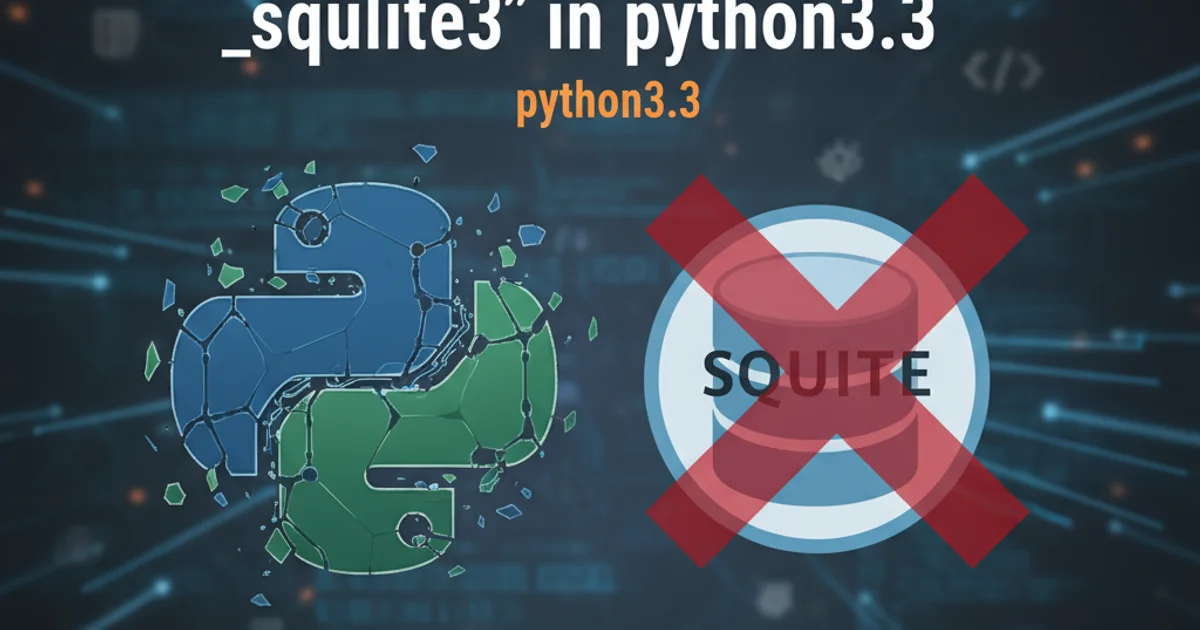"error C2228: left of '.ToString' must have class/struct/union"
Categories:
Understanding and Resolving 'error C2228: left of '.ToString' must have class/struct/union'

This article delves into the common C++-CLI compilation error C2228, explaining its causes and providing practical solutions for correctly accessing members of managed types.
The error C2228: left of '.ToString' must have class/struct/union is a frequent compilation issue encountered by developers working with C++/CLI, particularly when trying to interact with managed types from unmanaged C++ code. This error typically arises when the compiler expects a native C++ class, struct, or union on the left side of the . (dot) operator, but instead finds a managed type that requires the -> (arrow) operator for member access. Understanding the distinction between managed and unmanaged types and their respective member access operators is crucial for resolving this error.
The Root Cause: Managed vs. Unmanaged Member Access
In C++, the . (dot) operator is used to access members of an object directly, while the -> (arrow) operator is used to access members of an object through a pointer. C++/CLI introduces managed types, which are handled by the .NET runtime's garbage collector. When you declare a variable of a managed type, such as System::String^ or a custom ref class, you are actually declaring a handle to that managed object. Handles in C++/CLI behave conceptually like pointers in native C++.
Therefore, to access members of a managed object through its handle, you must use the -> operator, just as you would with a pointer to a native C++ object. The ToString() method, being a member of System::Object (from which most managed types inherit), is a common culprit for this error because developers often instinctively use the . operator, forgetting that they are dealing with a managed handle.
flowchart TD
A[C++ Code] --> B{Managed Type Handle?}
B -- Yes --> C[Use '->' operator]
B -- No --> D[Use '.' operator]
C --> E[Access Member (e.g., ToString())]
D --> E
E --> F[Compilation Success]Decision flow for choosing the correct member access operator in C++/CLI.
Common Scenarios and Solutions
Let's look at some typical situations where error C2228 occurs and how to fix them. The core principle is always to use -> for managed handles and . for native objects or value types.
// Incorrect: Using '.' with a managed handle
System::String^ myManagedString = "Hello";
// error C2228: left of '.ToString' must have class/struct/union
// myManagedString.ToString();
// Correct: Using '->' with a managed handle
System::String^ myManagedStringCorrect = "World";
System::String^ result = myManagedStringCorrect->ToString();
// Incorrect: Using '.' with a managed object passed by value (not common, but possible)
// void MyFunction(System::String managedString) { /* ... */ }
// Correct: Using '->' with a managed object passed by handle
void MyFunction(System::String^ managedStringHandle)
{
System::Console::WriteLine(managedStringHandle->ToString());
}
Illustrating the correct use of -> for managed handles.
System::String^ is a handle to a managed string object. Even though it looks like a direct object, it's a reference type in the .NET world, and C++/CLI treats it as such, requiring pointer-like access.Working with Value Types and Boxing
While most managed types are reference types accessed via handles, .NET also has value types (e.g., int, double, System::DateTime). When these are used directly as value types in C++/CLI, you do use the . operator. However, if a value type is 'boxed' (wrapped in a System::Object^ handle), then you must use -> to access its members or unbox it first.
For example, int is a value type. If you want to call ToString() on an int, you can either use System::Convert::ToString(myInt) or box it to System::Object^ and then use ->ToString().
// Value type: Use '.'
int nativeInt = 123;
System::String^ intAsString = nativeInt.ToString(); // This works because 'int' is implicitly converted to System::Int32, a value type.
// Boxed value type: Use '->'
System::Object^ boxedInt = 456; // int is boxed to System::Object^
System::String^ boxedIntAsString = boxedInt->ToString(); // Must use '->'
// Unboxing and then using '.' (or direct conversion)
System::Int32 unboxedInt = (System::Int32)boxedInt;
System::String^ unboxedIntToString = unboxedInt.ToString();
Demonstrating member access for value types and boxed value types.
int to their managed counterparts (System::Int32), allowing . access. However, for custom ref class types or when dealing with System::Object^, the -> operator is strictly required.Best Practices to Avoid C2228
To minimize occurrences of error C2228, consider the following best practices:
- Be mindful of type declarations: Always pay attention to whether you're dealing with a native C++ type (e.g.,
MyClass,MyStruct*) or a managed C++/CLI handle (e.g.,MyRefClass^,System::String^). - Use
^for managed handles: Explicitly use the^(hat) operator for all managed reference types. This visually cues you that it's a handle. - Understand
gcnew: When you create an instance of a managed type, you usegcnew, which returns a handle (^). This handle then requires->for member access. - Review compiler messages carefully: The error message itself, while sometimes cryptic, points directly to the line and character where the incorrect operator is used. This is your primary clue.
1. Identify the variable type
Locate the variable on the left side of the . operator that is causing the error. Determine if it's a native C++ type or a managed C++/CLI handle (indicated by ^).
2. Change the operator
If the variable is a managed handle (^), change the . operator to ->. For example, myObject.ToString() becomes myObject->ToString().
3. Recompile and test
After making the change, recompile your project. The error should now be resolved, and your code should function as expected.